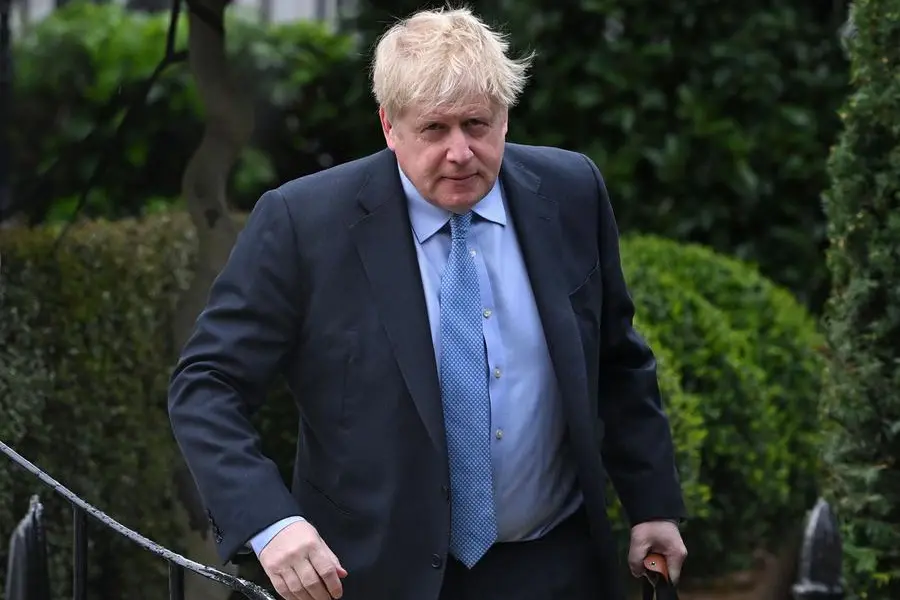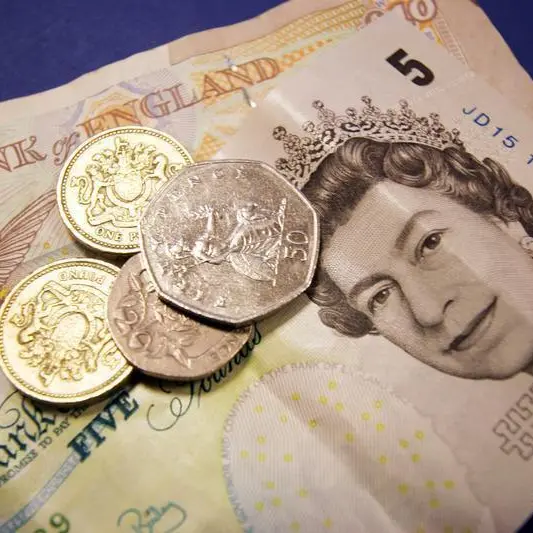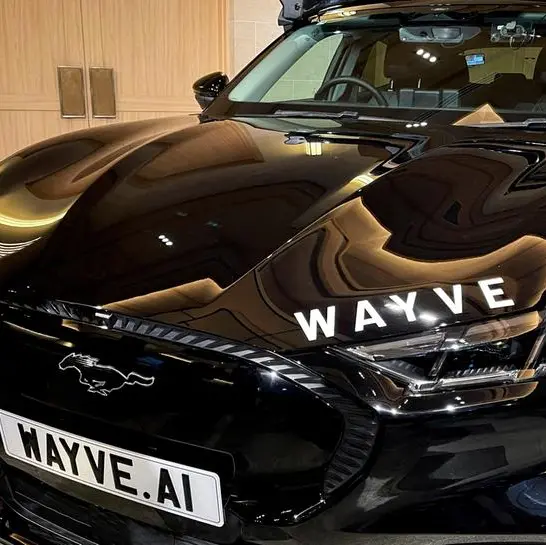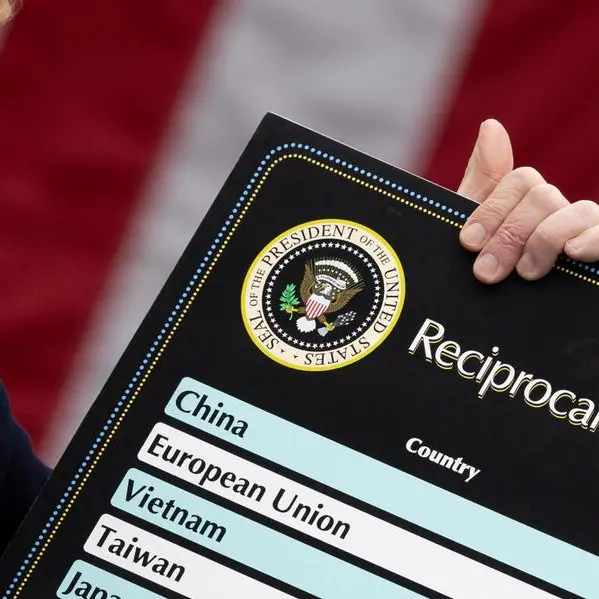PHOTO
Britain's former leader Boris Johnson will oppose in a parliament vote Wednesday a key part of Prime Minister Rishi Sunak's post-Brexit deal with the EU to overhaul trade rules for Northern Ireland.
Johnson, who also faces a much-anticipated grilling Wednesday about the "partygate" controversy during the Covid pandemic, which could end his career as an MP, called the agreement struck with the European Union last month "not acceptable".
Opposition from Johnson, ousted as premier last summer following a revolt within his ruling party after a series of scandals, could lead other Conservative eurosceptics to oppose the compromise deal struck by Sunak and reawaken deep divisions within the party over Brexit.
"I will be voting against the proposed arrangements today," Johnson said in a statement.
He argued that the new trade pact would result in Northern Ireland staying "captured by the EU legal order" and diverging from the rest of the UK, or the entire UK being "unable properly to diverge and take advantage of Brexit".
Johnson urged the government to stick with legislation he helped craft that would unilaterally disregard existing EU rules in Northern Ireland until Brussels agrees acceptable alternatives.
But that draft law, introduced last year, prompted the bloc to threaten reprisals and a damaging wider trade war, further souring strained relations.
- 'Stormont brake' -
The new trade deal between London and Brussels includes the "Stormont brake" mechanism handing Northern Irish lawmakers an effective veto over new EU rules being imposed on the UK province.
The Windsor Framework deal would replace the Northern Ireland Protocol, which Johnson agreed with the EU but is vehemently opposed by pro-UK unionists in the British province.
Northern Ireland's largest party, the Democratic Unionist Party (DUP), collapsed the devolved power-sharing arrangement there a year ago over their opposition to the protocol.
The government in London hopes the new arrangement could pave the way for its restoration.
However, the DUP said Monday that they opposed the new framework and that their eight MPs in Westminster would vote against the "Stormont brake" in Wednesday's vote on that aspect of the deal.
Its leader, Jeffrey Donaldson, welcomed progress on post-Brexit issues but said it did not resolve "the imposition of EU law" in Northern Ireland.
Meanwhile, the European Research Group (ERG) of staunchly pro-Brexit Conservative MPs has also criticised the brake, calling it "practically useless" following an analysis by its own legal experts.
But the group -- thought to include around a dozen Tory lawmakers, down from triple that number several years ago -- will meet later Wednesday to decide how to vote.
The main Labour opposition has said it will support the measure, which would ensure it will pass, but a sizeable rebellion could still cause political headaches for Sunak.





















